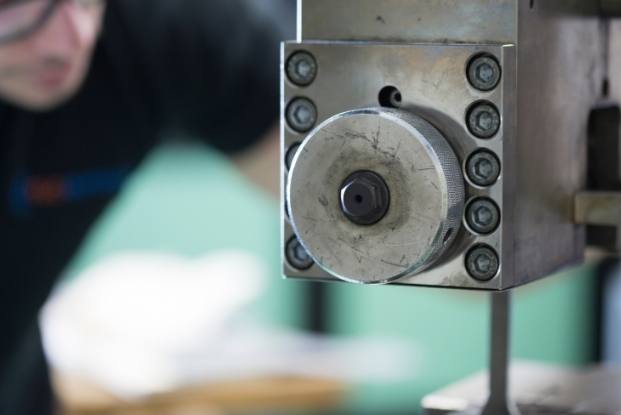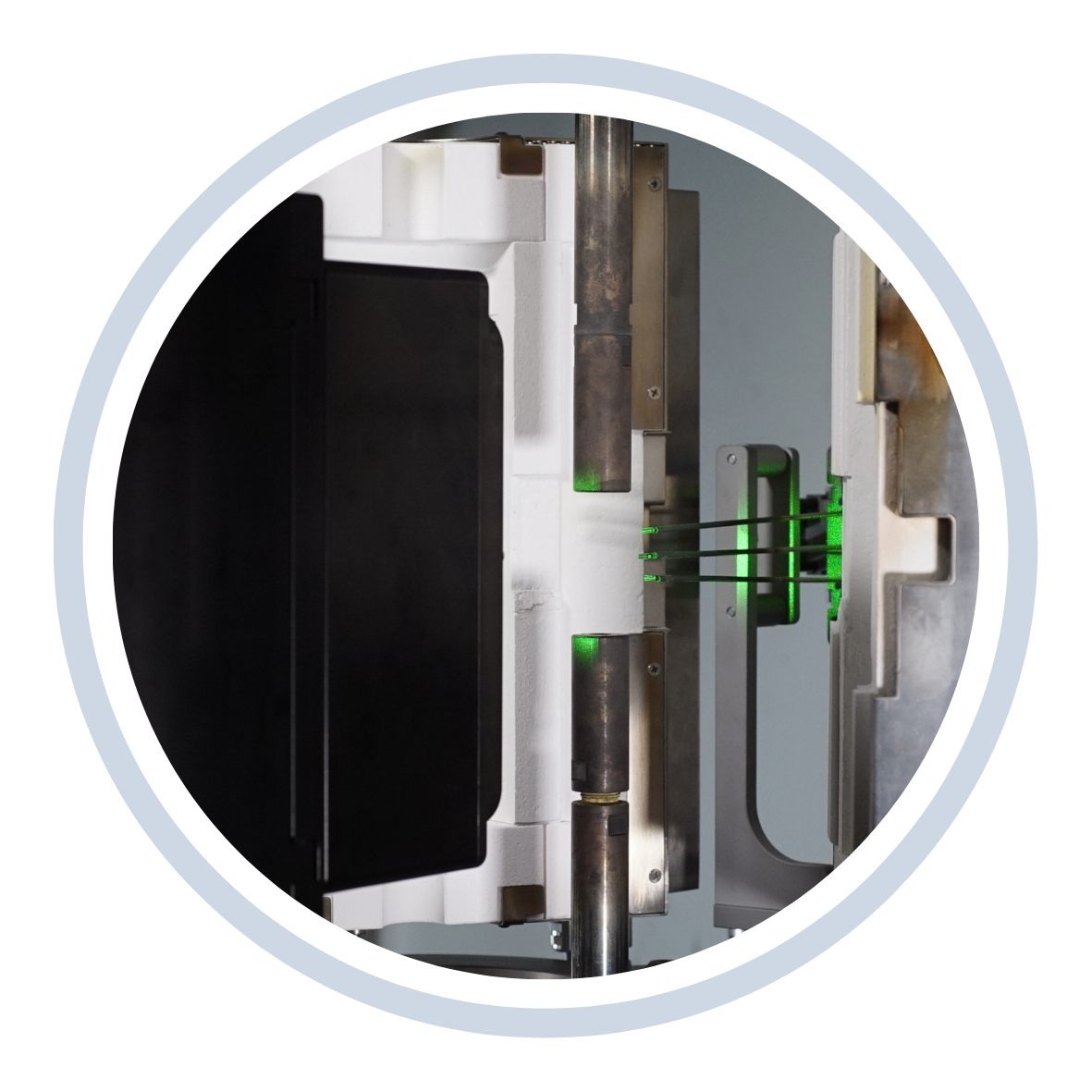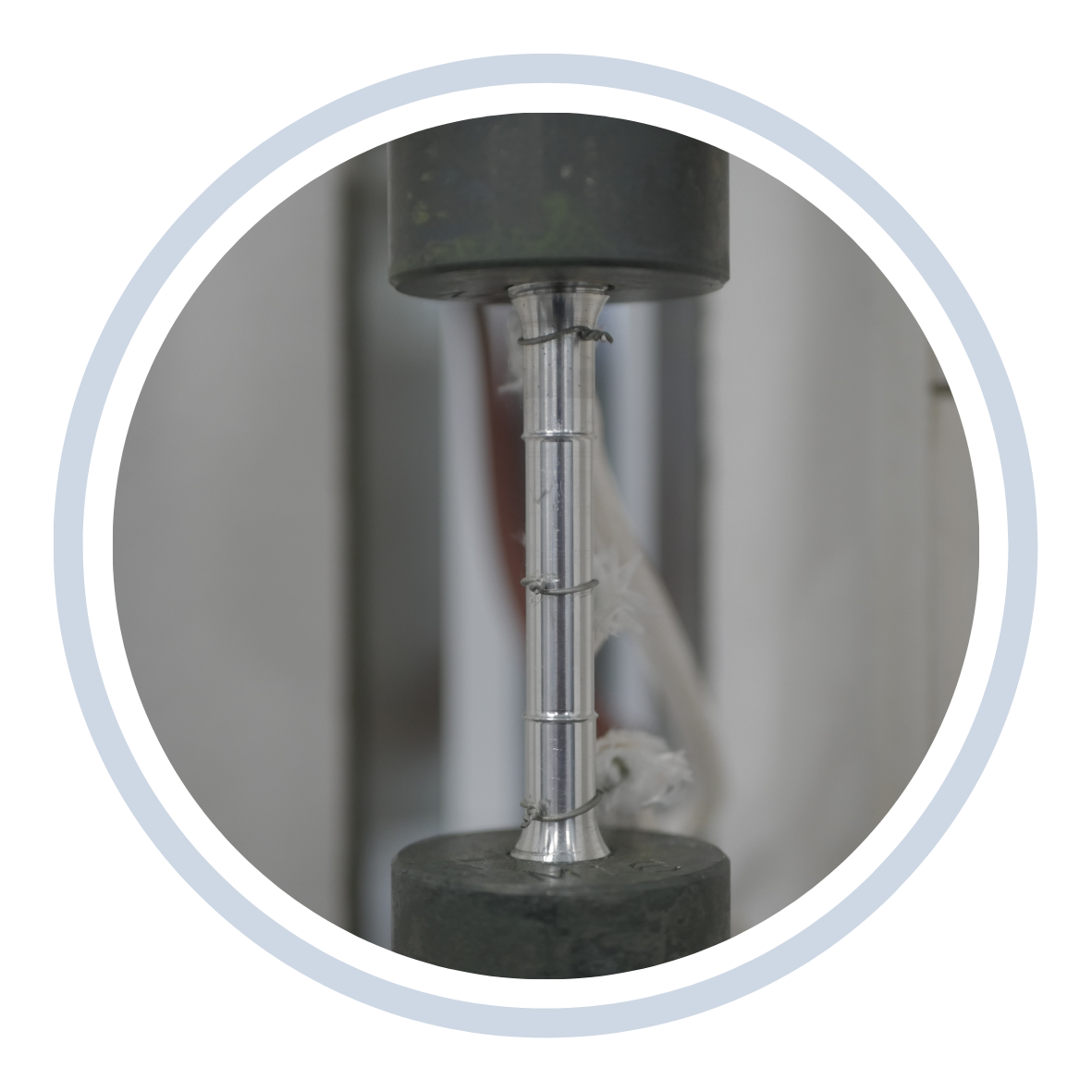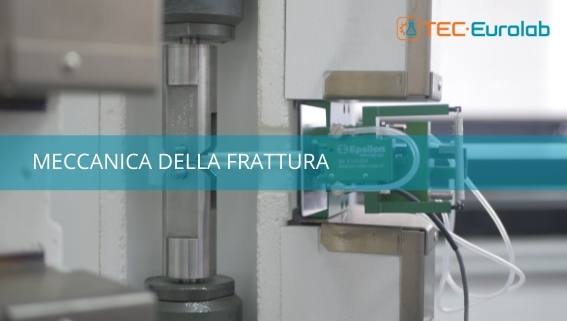MECHANICAL TESTING
TEC Eurolab
A department dedicated to the mechanical characterization of materials
Check the static mechanical performance of your materials both at low and high temperatures, as well as room temperature
We ensure transversality in the physical-mechanical characterization of materials used in the mechanical industry.

Making use of a dedicated machining division, the department is able to handle material characterization entirely, from specimen sampling to test execution.
Through the use of universal frames for static tensile, compression, bending, and shear tests, pendulums for impact tests, and frames for creep tests, the department is able to provide all the information for engineering in order to optimize the use of materials in the main fields of mechanics, from Aerospace to Automotive, from Oil&Gas to classical manufacturing.
STATIC RT TESTS
Traction at room temperature – ISO Method 6892-1
Traction at room temperature – ASTM Method E8
RT traction Poisson modulus – ASTM method E8/e8m, ISO 6892-1
Resilience single test RT – Method ISO 148-1, ASTM E23
RT Tern Resilience – ISO Method 148-1, ASTM E23
RT metal compression
RT streak test (3 tests) – Method EN 10164
Erichsen Deep Drawing – ISO 20482 Method
Fracture test on weld – ISO Method 9017
Flattening/bending test – Method ISO 7438, ASTM E290
Hydrogen embrittlement (on 4 specimens) – ASTM Method F519
HT STATIC TESTS
Hot tensile test R, RP, A, Z (up to 250°C) – ASTM Method E21, ISO 6892-2
ET, R, RP, A, Z and Poisson traction (up to 200°C) – ASTM Method E21, ISO 6892-2
Hot tensile test R, RP, A, Z (up to 1040°C) – ASTM Method E21, ISO 6892-2
Stress rupture test up to 700°C prime 50 h – ASTM Method E139, ASTM E292
Stress rupture test 701°C < T < 1040°C first 50 h – ASTM Method E139, ASTM E292
Creep tests for temperatures up to 650°C, duration up to 500 hours
Creep tests for temperatures over 650°C and up to 950°C, duration up to 500 hours
Creep tests for temperatures over 950°C, duration up to 500 hours
Hot Tensile Testing on metallic materials
READ THE INSIGHT

STATIC TESTS LT
Cold tensile test R, RP, A, Z (down to -40°C)
Cold tensile test R, RP, A, Z with Poisson module (down to -40°C)
Resilience LT (< at -60°C) single – ISO Method 148-1, ASTM E23
Resilience LT (-50°C to -60°C) single – ISO Method 148-1, ASTM E23
Resilience LT (0 to -40°C) single – ISO Method 148-1, ASTM E23
Resilience at low temperature (< -60°C) tern – Method ISO 148-1, ASTM E23
Resilience LT (-50°C to -60°C) triad – ISO Method 148-1, ASTM E23
Resilience LT (0 to -40°C) triad – ISO Method 148-1, ASTM E23
Resilience single RT test – ISO Method 148-1, ASTM E23
Triad Resilience RT – ISO Method 148-1, ASTM E23
Do you need a creep test?
DISCOVER MORE

MECHANICAL CHARACTERIZATION WELDING
Bend test on welded joints – ISO Method 5173, ASTM E190, ASME IX
Transv. tensile testing on welds – ISO Method 4136, ASME IX
Bend test on welded joints – ISO Method 5173, ASTM E190, ASME IX
Spot weld Tensile
Spot weld Lap shear
Spot weld Peel test
Our videos on mechanical testing
Are you interested in learning more about Mechanical Testing and want to discover more videos?
FAQ – MECHANICAL TESTING
Faq
What are the standard dimensions of a resilience specimen?
When the geometry of the part allows it, usually a standard specimen of 10 mm by 10 mm by 55 mm in length is made. When not enough material is available, usually standard specimens are smaller.
How does the notching stage of resilience specimens take place?
The stage of specimen notching is called broaching and is done using a tool called broach. The broach defines the geometry of the notch, which can be a V-shaped type with a notch 2 mm deep, or a U-shaped type with a notch 5 mm deep.
What are the mechanical properties that characterize plastics?
Depending on the type of plastic material, different types of tests may be essential, which are carried out within the “Mechanical Testing” department, such as tensile test, bending test, Charpy or Izod impact resistance, and Shore hardness.

